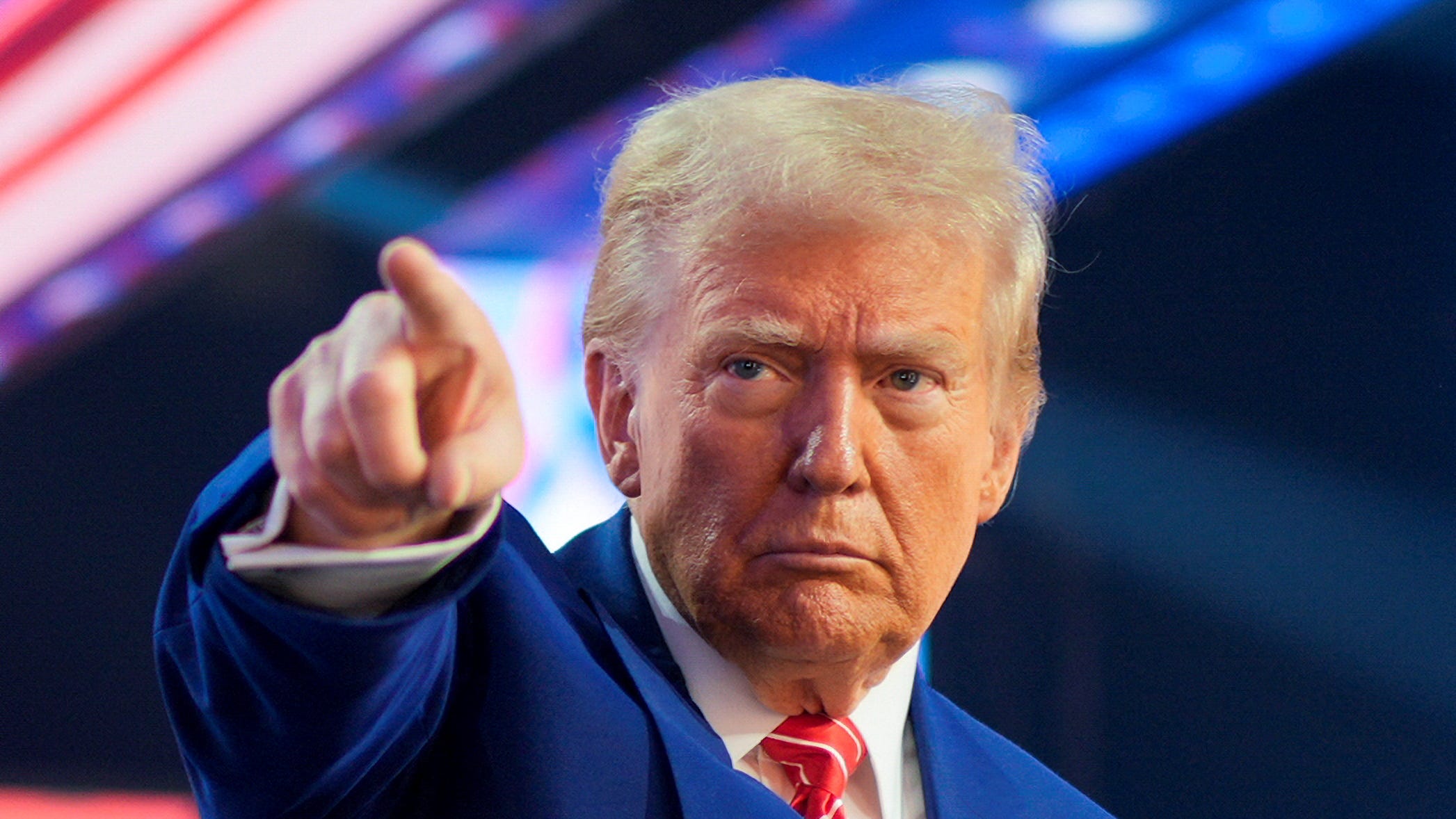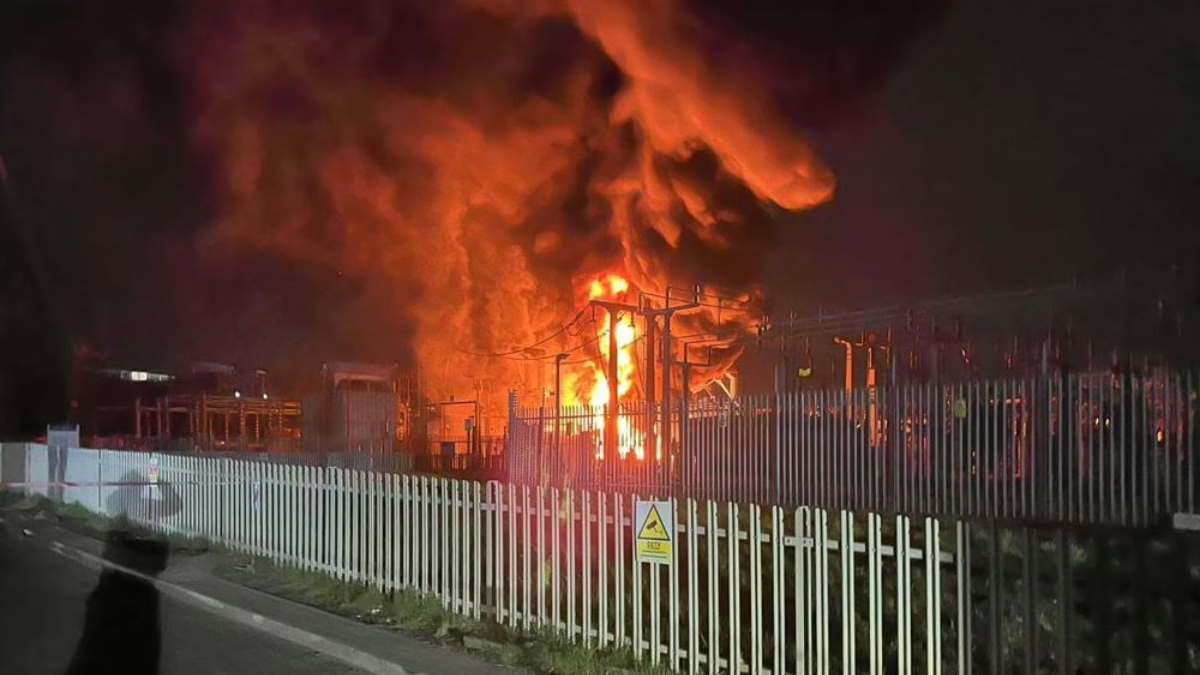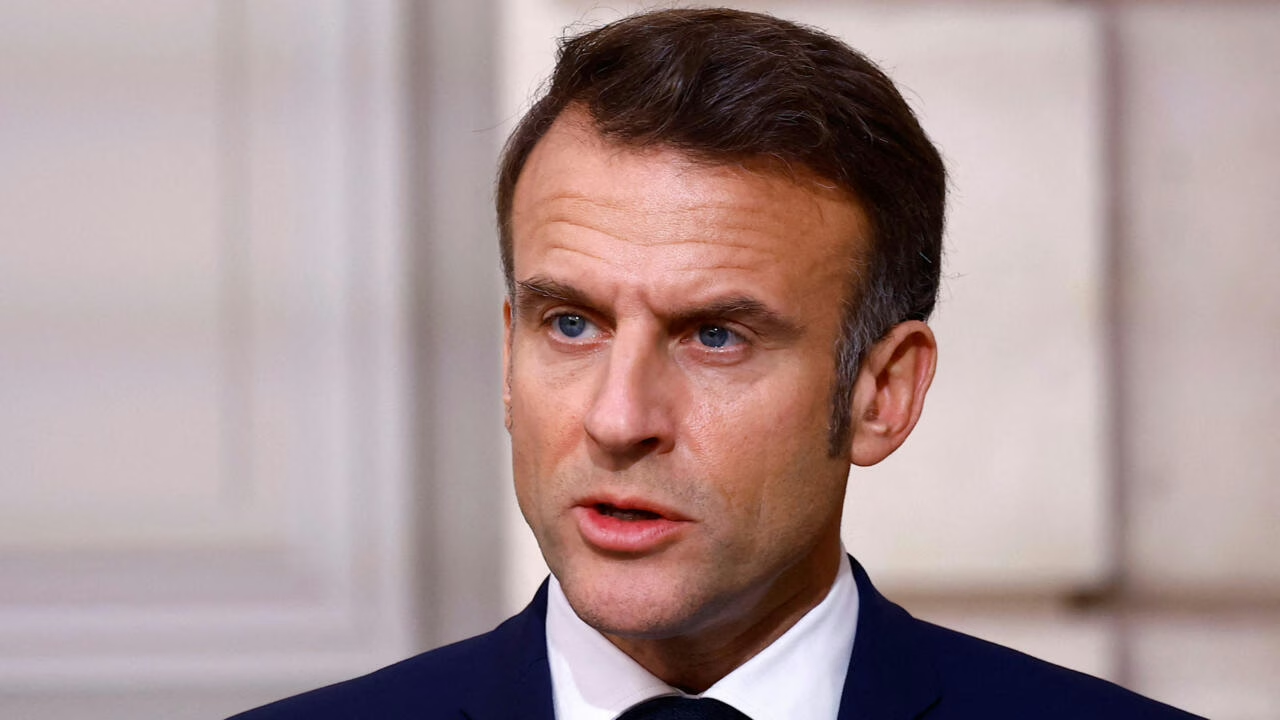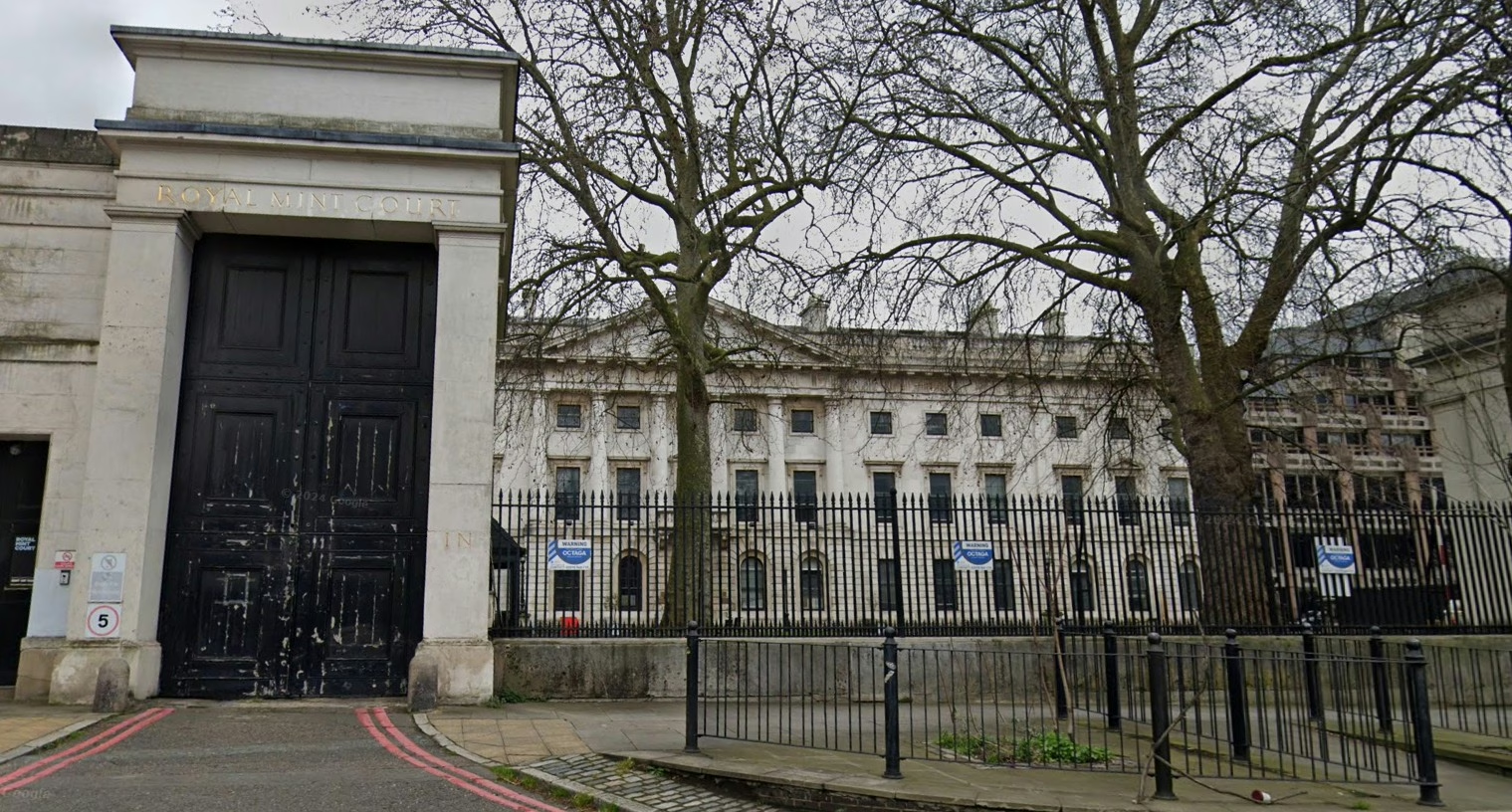In a bold move that could ratchet up tensions with Beijing, US President Donald Trump has vowed to raise the case of jailed Hong Kong media mogul Jimmy Lai during high-stakes US-China trade talks in Switzerland. Speaking on The Hugh Hewitt Show, Trump signalled his intent to link Lai’s fate to tariff negotiations, thrusting Hong Kong’s controversial National Security Law into the global spotlight and fuelling debate over whether China’s economic struggles might force concessions on Lai’s release or Hong Kong’s democratic freedoms.
Lai’s Plight and the Shadow of the National Security Law
Jimmy Lai, founder of the now-defunct Apple Daily, faces life behind bars under Hong Kong’s National Security Law, enacted in 2020 to curb secession, subversion, terrorism, and collusion with foreign powers. Critics slam the law’s vague wording and heavy-handed enforcement, accusing Beijing of using it to crush dissent, silence free speech, and dismantle Hong Kong’s judicial independence. Lai’s high-profile case has become a lightning rod for international outrage, symbolising the erosion of the city’s once-vibrant civic freedoms.
Since the law’s passage, Hong Kong’s democratic landscape has been transformed. Apple Daily shuttered in 2021, scores of activists have been arrested or fled abroad, and sweeping electoral reforms have sidelined pro-democracy voices, ensuring only “patriots” hold power. The 2024 passage of Article 23 legislation tightened the screws further, cementing Beijing’s grip. These shifts have sparked fears that Hong Kong’s status as a global financial hub is at risk, with some multinationals pulling out amid concerns over stability and freedoms.
China’s Economic Crunch
China’s economy is under strain, adding intrigue to Trump’s gambit. A property market slump, soaring youth unemployment, and faltering consumer spending have pushed the country to the edge of deflation. Trump’s punishing tariffs—hitting 145% on Chinese goods as of April 2025—have hammered exporters, with a Guangdong shoe factory reporting an 80% order slump and workers sent on unpaid leave. Beijing has rolled out fiscal stimulus and market-stabilising measures, but analysts warn that a prolonged trade war could deepen the crisis, especially as manufacturing and confidence wane.
Will Beijing Blink?
Trump’s decision to tie Lai’s case to tariff talks is a calculated play to exploit China’s economic woes. But will Beijing, facing domestic pressures, release Lai or ease its iron grip on Hong Kong’s freedoms? Experts are sceptical.
- Lai’s Release: A Long Shot
Lai is a potent symbol for Beijing, branded a traitor for his media empire’s outspoken criticism of the Communist Party. “Beijing sees Lai as a test case for its national security red lines,” says John Burns, professor emeritus at the University of Hong Kong. With Lai among 300 arrested under the law, his release could be seen as caving to Western pressure—a move Beijing is loath to make, especially when economic challenges demand a show of strength to rally domestic support. China’s Foreign Ministry has dismissed Lai’s case as an internal matter, while Hong Kong Chief Executive John Lee warned Trump to steer clear, underscoring Beijing’s resolve. - Loosening Hong Kong’s Freedoms: Highly Unlikely
Since the 2019 protests, Beijing has overhauled Hong Kong’s political system, prioritising control over democratic aspirations. The National Security Law, electoral changes, and Article 23 have all but extinguished the city’s pro-democracy movement. Beijing views Hong Kong as a national security flashpoint, fearing that freer expression could inspire unrest on the mainland. Despite X posts claiming a “calm” Hong Kong might signal Beijing’s willingness to loosen up, these lack evidence and clash with the government’s hardline stance. Beijing insists its “patriots-only” model has perfected “democracy,” brushing off global criticism. - Trade Talks and Economic Leverage
China’s economic bind may push Beijing to offer trade concessions, such as tariff relief or market access, to shield its export sector. The Commerce Ministry has hinted at openness to dialogue. Yet, sensitive issues like Lai or Hong Kong’s governance are “non-negotiable,” says Fudan University’s Wu Xinbo. Beijing views Trump’s pressure tactics as a bid to hobble China’s rise and is likely to dig in, wary that concessions could embolden further demands.
High Stakes, Global Eyes
Trump’s strategy is a high-risk bet. It could amplify global scrutiny of Hong Kong’s plight and strengthen Washington’s hand in trade talks, but it risks provoking Beijing into scuppering negotiations or escalating the trade war, with ripple effects for China’s economy and beyond. For Hong Kong’s battered democracy advocates, international attention offers a flicker of hope, but with civic space suffocated and opposition voices silenced, tangible change feels distant.
Outlook
China’s economic woes make trade compromises possible, but releasing Jimmy Lai or relaxing Hong Kong’s democratic freedoms is a bridge too far. Lai’s case and Hong Kong’s governance are entwined with Beijing’s national security imperatives, and any retreat could undermine its domestic legitimacy at a precarious time. While Beijing may bend on economic fronts, human rights and Hong Kong remain off-limits. As US-China talks loom, the world watches to see if Trump’s pressure yields results—or backfires.
Discover more from “Bridging Hongkongers. Reporting Truth.”
Subscribe to get the latest posts sent to your email.




